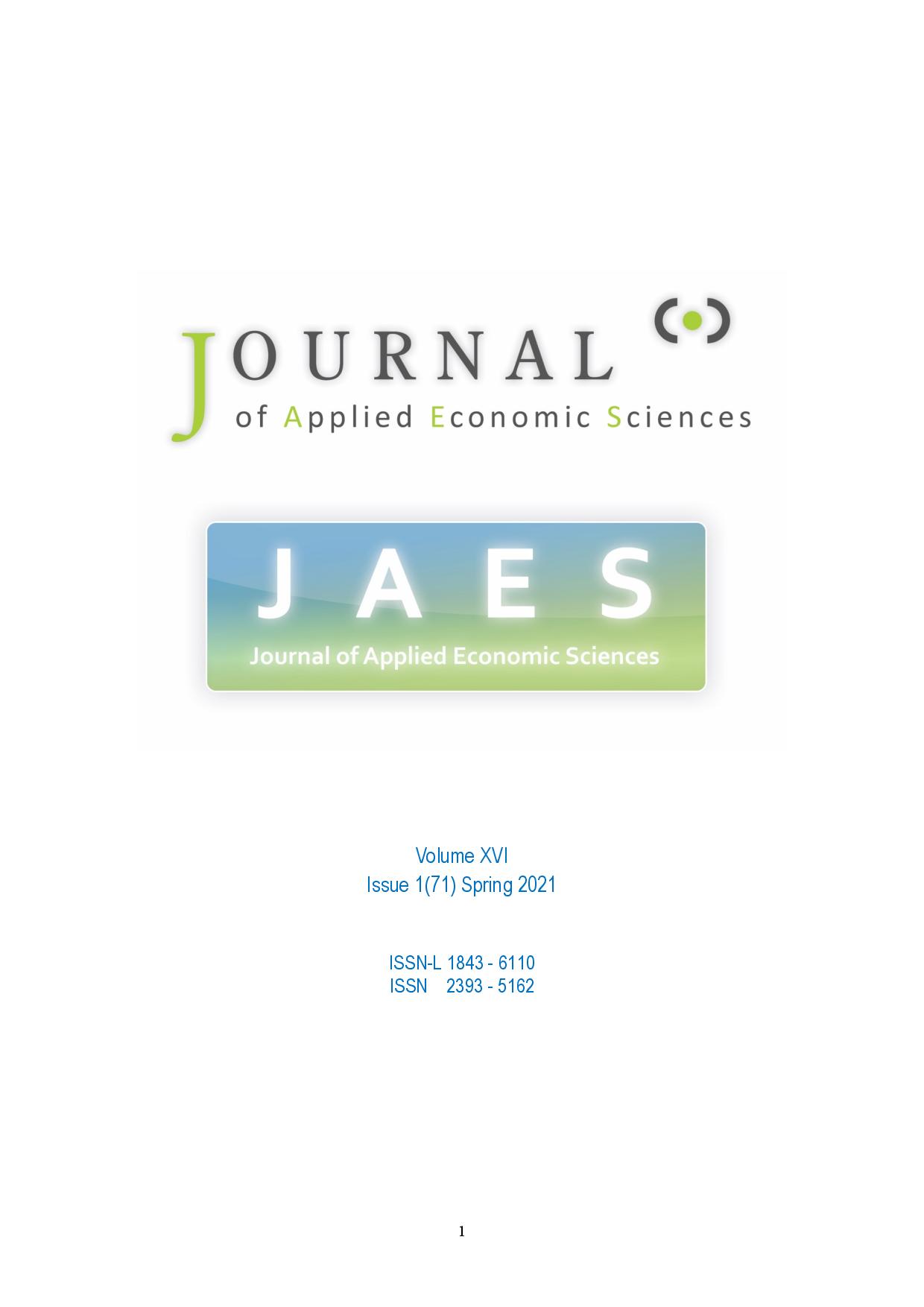Analysis of the “Power Distance” and “Avoidance of Risk and Uncertainty” Dimensions on Relations between Employees in Organizations in the Republic of Serbia
Analysis of the “Power Distance” and “Avoidance of Risk and Uncertainty” Dimensions on Relations between Employees in Organizations in the Republic of Serbia
Author(s): Nevena Krasulja, Dejan Ilić, Nenad Vujić, Nenad PerićSubject(s): Economy, Business Economy / Management, Micro-Economics, Human Resources in Economy
Published by: RITHA Publishing
Keywords: power distance dimension; risk and uncertainty avoidance dimension; Hofstede 6-D model; 6-D model of national culture;
Summary/Abstract: The aim of the research was to examine and analyze the relationship between social and demographic variables and respondents’ opinions on the relationship of managers to the organization and other employees. Also the aim was exploring the relationship employees have with their superiors, as well as respondents’ opinions on the possible impact of the “power distance” and “risk and uncertainty avoidance” dimensions on the processes of creating and developing mutual relations. The research was conducted on the territory of the Republic of Serbia in the last quarter of 2020 on a sample of a total of 140 respondents. The methods used for the statistical data processing were descriptive statistics methods and single and multi-factor analysis using the ANOVA. The results of the research indicate that managers in the organizations in which the respondents are employed are more task-oriented than people-oriented and that they do not have a daily exchange with employees. Also, of the total number of respondents in this survey, more than half of respondents believe that it is difficult to develop independent entrepreneurship in the Republic of Serbia, two thirds of respondents worry about safety and duration of employment, and the same percentage believe that most employees in Serbia do not resign from work for the fear of not finding the same or similar job in their profession. Furthermore, the results of this research indicate that the labor market in the Republic of Serbia has qualified human resources that are able to respond to the demands of the modern digital environment.
Journal: Journal of Applied Economic Sciences (JAES)
- Issue Year: XVI/2021
- Issue No: 71
- Page Range: 102-113
- Page Count: 12
- Language: English

